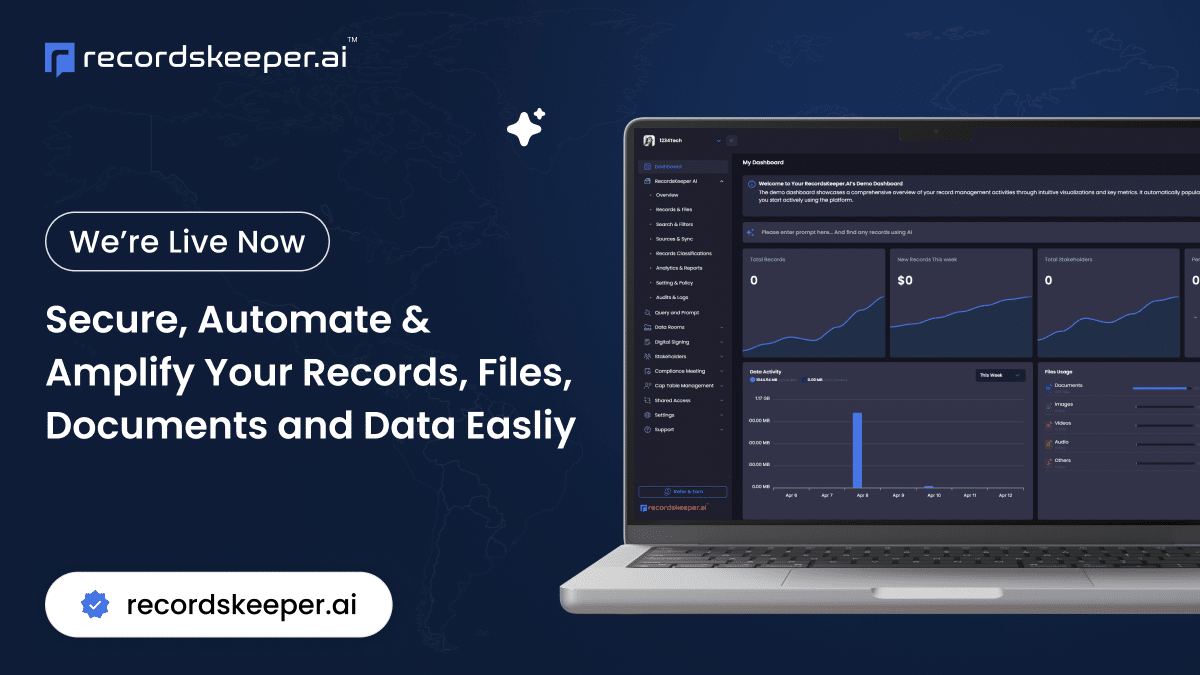Elevating Patient Care through Enhanced Health Record Management
The era of digital evolution has ushered in transformative waves across various sectors, and healthcare is no exception. One of these remarkable transformations pertains to the integration of Electronic Health Records (EHR) powered by AI-driven technologies. If your goal is to understand how EHR helps patient care outcomes and envision a future where digital records optimize healthcare delivery, you are in the right place.
The Necessity of EHR Systems in Modern Healthcare
The traditional paper-based record-keeping is steadily moving towards obsolescence. While that method had its time in the spotlight, the demands of modern healthcare require swift, reliable, and data-rich approaches. Here is where EHR systems make a significant impact:
- Reduced Errors: Human errors in healthcare can lead to critical situations. With EHR, the data input risks are minimized as AI-driven healthcare records integrate checks that reduce manual entry errors significantly.
- Enhanced Data Access: Seamless data access and retrieval are quintessential for timely patient care. EHRs allow multiple stakeholders, from doctors to administrative staff, to access patient data instantaneously and securely.
- Automated Workflows: AI in EHR automates mundane, repetitive tasks, freeing healthcare providers to focus more on direct patient care. Automation in healthcare records has born processes that are not only efficient but also enable thorough data analytics.
Optimizing Patient Outcomes with EHR Systems
While the technical prowess of EHR is impressive, they truly shine in how they revolutionize patient care outcomes. Let me explain how:
Improved Decision-Making
Having a comprehensive, organized view of patient history enables healthcare professionals to make informed decisions faster. Imagine a scenario where integrated AI-driven algorithms provide decision support by analyzing historical data patterns—whether it’s suggesting optimal treatment paths or identifying potential health risks early on.
Personalized Treatment Plans
EHRs employ AI algorithms to tailor treatments to individual patient needs, paving the way for personalized medicine. Customized care not only enhances patient satisfaction but also boosts compliance and effectiveness of the treatment plans.
Streamlined Multidisciplinary Care
The often-complex nature of health ailments demands coordinated care from specialists across fields. An EHR system ensures all care team members are on the same page, improving collaboration and delivering cohesive treatment strategies.
Driving Regulatory Compliance through EHR
In my journey with RecordsKeeper.AI, I’ve recognized the crucial necessity of adhering to healthcare regulations like GDPR and HIPAA. EHRs offer significant leverage here:
- Automated compliance management ensures that regulatory standards are consistently met.
- Audit-ready reports generated from EHR data lend themselves to smooth, efficient regulatory oversights.
- Blockchain-backed secure data rooms within EHR systems bolstered with tamper-proof capabilities present the gold standard in data integrity and compliance.
Patient Engagement and Empowerment
As much as EHR systems are a triumph for healthcare providers, they also boost patient engagement. Access to one’s health records fosters a sense of empowerment, allowing patients to track their care progression and actively participate in their health management. Moreover, this transparency improves patient-provider relationships, often leading to better adherence to treatment plans and advice.
Where Do We Go Next?
Implementing an advanced EHR system may seem daunting, but the potential improvements to patient care outcomes are worth the endeavor. As a founder of a technology company invested in cutting-edge healthcare solutions, I am motivated by the profound shifts AI-driven healthcare records promise.
To fully harness the benefits, consider integrating comprehensive training for your teams, ensuring seamless adaptation to new systems. Equally vital, ongoing assessment and updates to these systems keep them aligned with ever-evolving healthcare standards.
As we’ve touched upon how digital records improve patient care outcomes, the call to action is clear: Embrace this digital transition to remain at the forefront of healthcare excellence. For deeper insights into EHR systems or technology-driven healthcare solutions, do follow along with my journey, as I continually explore pioneering advancements.








